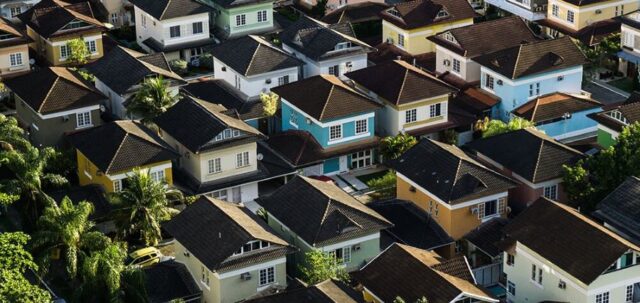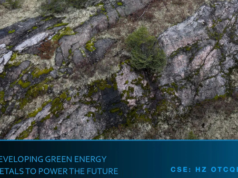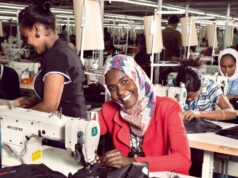
(3 Minutes Read)
Key operating metrics — specifically vacancies and reversions — continue to show sustained improvement, which is encouraging given a tough operating environment.
The South African Property Index achieved a total return of 8.7% in 2023 (vs 9.3% in 2022), with the income return improving to 8.3% and capital return slowing to 0.4%. The net operating income (NOI) growth of 4.5% achieved in 2023 lagged inflation due to the elevated cost pressures associated with load shedding and above-inflationary increases in property taxes. Key operating metrics — specifically vacancies and reversions — continue to show sustained improvement, which is encouraging given a tough operating environment.
Across the globe, 2023 was characterized by swings in market sentiment due to fluctuating views on inflation, interest rate expectations, and concerns that major economies could fall into a recession. Ongoing geopolitical tensions have disrupted supply chains adding additional upside risk to inflation which further dampened consumer and business confidence.
During the last quarter of 2023, inflation started to ease and widespread expectations of global interest rate cuts supported a welcomed change in sentiment. Given its interest rate-sensitive nature, the South African listed property sector was a laggard for much of the calendar year 2023. However, the sector rallied in the last quarter of 2023 largely driven by the pivot in expectations towards likely interest rate cuts.
This resulted in the FTSE / JSE All Property Index (ALPI) and the FTSE/JSE SA Listed Property Index (Sapy) achieving a total return of 10.7% and 10.1% respectively for CY23, ahead of SA Equities (9.3%), SA Bonds (9.7%), and SA cash (7.8%).
The retail sector (comprising 59% of the MSCI index by value) delivered a strong performance off a high base, achieving a total return of 9.7% (vs 9.4% in 2022). According to the South African Property Owners Association (Sapoa) the fourth quarter 2023 Retail Trends Report, year-on-year (y-o-y) annualised trading density growth (ATD) continued to moderate, slowing to 5.7% for the fourth quarter from 7.6% in the previous quarter.
Retailers’ cost of occupancy further improved in Q4 2023 to 6.8% according to Sapoa, reaching its healthiest level in almost 10 years. The sustained improvement in recent periods has been driven by tenant sales growth running ahead of rental growth.
The industrial sector (12% of the MSCI index) has maintained its relative outperformance, achieving a return of 11.2%. The sector continues to benefit from low vacancies and tenant-driven developments. The logistics sub-segment, in particular, has benefited from the increased focus on supply chain optimization, onshoring as well as a sustained appetite for secure modern facilities.
Read Also:
https://trendsnafrica.com/south-africa-may-cut-interest-rates-as-inflation-tames/
Constrained office development activity and increased demand for space, in part due to load shedding and a push for ‘return-to-office’ from some employers has led to an improvement in office occupancies with Sapoa reporting a vacancy rate of 15.2% in Q4 2023, down 30bps from the previous quarter and the 6th consecutive quarter of improvement.





